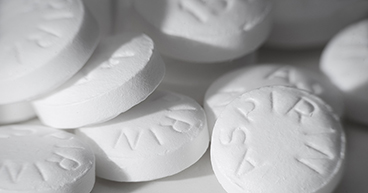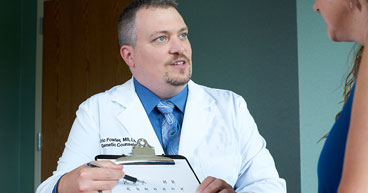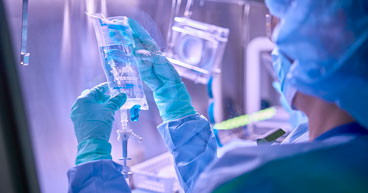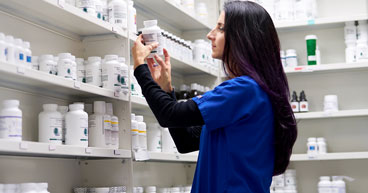


737 Posts

May 23, 2024
TIL therapy multiplies a patient’s own cancer-fighting cellsClinical trials have shown TIL therapy may shrink or eradicate some tumors and stop tumor growth.

May 21, 2024
How wearable fitness trackers may help cancer patients and survivorsThe four most important health uses for wearable trackers are monitoring, screening, detecting and predicting.

May 16, 2024
Pediatric cancer survivors may face health challenges later onChildhood cancer survivors are as much as 90 percent more likely than other adults to experience chronic health conditions later in life.

May 14, 2024
Can aspirin work its wonders to prevent cancer?Evidence is mounting that an aspirin regimen may help reduce the risk of certain cancers, especially colorectal cancer.

May 9, 2024
Some supplements may not be safe for cancer patientsSome supplements and naturopathic remedies may be beneficial for people with cancer. But others may make treatment less effective.

May 7, 2024
What you should know about BRCA1/2 genetic test resultsKnowing your BRCA mutation status may heighten your awareness about your risks for developing cancer in the future.

May 2, 2024
Why does immunotherapy work for some but not others?Statistics only show response rates of 20 percent to 40 percent for immunotherapy drugs.

April 30, 2024
Pharmacogenomics identify drugs more likely to work for youPharmacogenomics considers how a person’s unique genetic makeup influences his or her response to drugs and medications.

April 25, 2024
10 ways a virtual home assistant can help cancer patientsVirtual assistants may be helpful for cancer patients in certain circumstances. Learn what they are, what they do and how they assist.
Guidelines
The information contained in this blog is not intended nor implied to be a substitute for professional medical advice. Always seek the advice of your physician or other qualified health provider prior to starting any new treatment or with any questions you may have regarding a medical condition. Nothing contained in the blog is intended to be used for medical diagnosis or treatment of any illness, condition or disease.